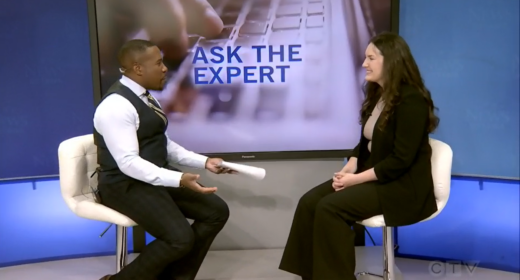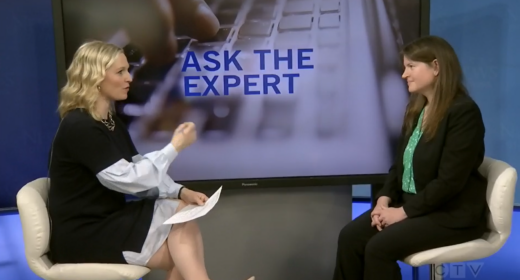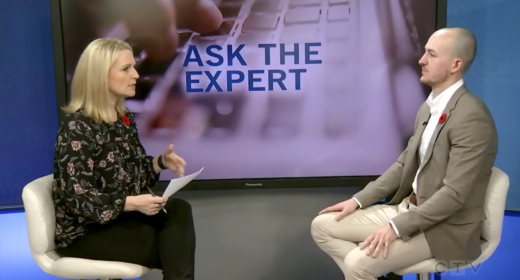Some workers experience significant emotional impairments like low-self-esteem, sadness, anger or anxiety following an accident or injury, which may impact their ability to work. These workers may qualify for further benefits from Ontario’s Workplace Safety and Insurance Board (‘WSIB’).
Psychotraumatic disability is one of the types of compensable psychological injuries recognized by the WSIB. According the Psychotraumatic Disability Policy (the ‘Policy’), a worker is entitled to benefits when emotional impairment results from a work-related personal injury by accident. The impairment must be clearly related to the worker’s accident or injury, and must have manifested within five (5) years of the injury, or within five (5) years of their last surgical procedure. A psychotraumatic disability may result indirectly from a physical injury, such as an emotional reaction to an accident, treatment for an injury or a lasting impairment, or directly from an organic cause, such as traumatic head injury, exposure to toxic chemicals, hypoxic conditions or decompression sickness. This type of disability is generally considered to be a temporary condition, but in exceptional circumstances, where the disability results from organic brain damage, it may be assessed as a permanent condition. For more information about pyschotraumatic disability claims, please see the WSIB Policy no.: 15-04-02, titled ‘Psychotraumatic Disability’.
A number of factors are also evaluated in assessing the extent of a worker’s psychotraumatic disability entitlement, these include prior psychiatric history, and unrelated psychiatric disability. In cases where a prior history of psychiatric disability is shown to exist, the claim may be allowed on an ‘aggravation basis.’ For more information, please see the WSIB Policy no.: 11-01-15, titled ‘Aggravation Basis.’ In cases where an unrelated psychiatric disability with no relationship to the workplace accident exists, the WSIB may choose to pay for the treatment if this will avoid substantial payments under the insurance plan. For more information, please see the WSIB Policy no.: 17-03-04, titled ‘Health Care for Non-work-related Conditions.’
Unfortunately, in our experience, it appears that these types of claims are frequently being denied by the Board, for reasons such as prior or un-related psychiatric disabilities. The decision makers at the first level of adjudication appear to be strictly adhering to the examples of condition onset in the Policy, instead of assessing the effect the injury had on the worker’s life. At the Tribunal level the sequelae of the injury will be more vigorously questioned and considered. A recent example is Workplace Safety and Insurance Appeals Tribunal (‘WSIAT’) Decision No. 8/14, which involved an assembly line worker who experienced a repetitive strain injury that resulted in chronic neck pain and depression. In 2009 the Board’sCase Manager determined that the worker was entitled to a permanent impairment award but denied her entitlement for psychotraumatic disability. The WSIAT allowed the worker’s appeal in part, noting that ‘the worker has a moderate psychotraumatic disability which heightens her experience of pain and renders her emotionally less able to cope.
A worker’s best recourse may be to advance an appeal to the WSIAT. If a worker is experiencing psychological distress following an accident or injury, it is important that they discuss these issues promptly with their treating physician and their lawyer or advocate so that they can be properly considered by the WSIB in determining their benefits.


